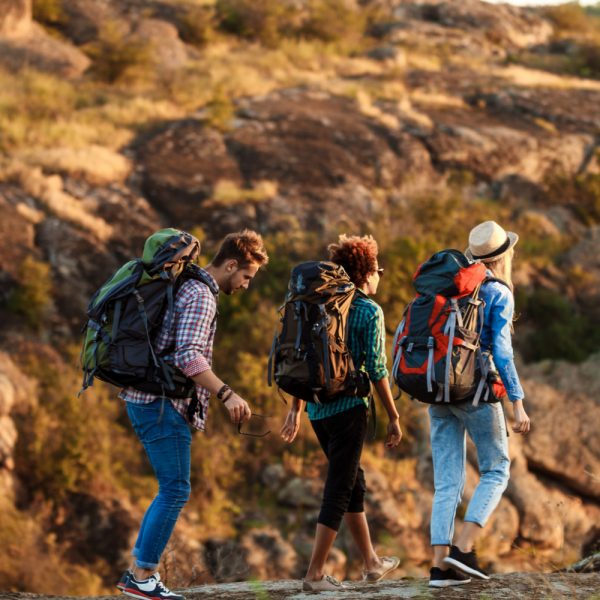New approaches and methods to preserve and enhance long-distance walking routes
Track 5 – Special session
Thursday, 21st July 2022 from 14:00 to 16:00 | Seminar room 1
Thursday, 21st July 2022 from 14:00 to 16:00 | Seminar room 1

Organisers: Giulia Motta Zanin (Polytechnic University of Bari), Daniele Vettorato (Eurac Research), Francesco Bruzzone (IUAV, Polytechnic of Torino), Andrea Omizzolo (Eurac Research), Fuorivia Cultural Association
Keywords: Long-distance and historical-cultural walking routes, Landscape ecology, Eco-Tourism, Socio-Economic rural development, Multi-actor and inter-scalar approaches
Journal publication: Plurimondi
Description:
The interest in preserving and enhancing long-distance walking routes (LDWR) has increased in the last few years in Europe and around the World. LDWR are more and more important not only as tourism infrastructures and attractions, according to mainstream territorial development narratives, but also for their historical, cultural, environmental and socio-economic intrinsic values. In fact, the affordances and attractiveness of such routes may emphasize different dimensions: the spiritual one of following an ancient pilgrimage trail, the environmental one of walking through nature or the cultural one of rediscovering historical and cultural values of heritage routes. LDWR, thus, may also pivot around literary or gastronomic themes, thus intersecting common cultural tourism topics. Indeed, along these routes, local, national and transnational policies are under implementation, aiming at supporting heritage-based local development strategies of lesser known, isolated and remote regions. LDWR makes it possible to involve these places in a network that can help them overcome marginalization and the difficulties they encounter in valorizing their tangible and intangible resources. Therefore, preserving and enhancing LDWR become an interesting entry point for a place-making strategy, where innovative eco-slow speed, multi-actor and inter-scalar approaches and methods can be tested.
This session welcomes research papers addressing the challenges of long-distance walking routes as drivers for regional development from a variety of perspectives:
Presentations: